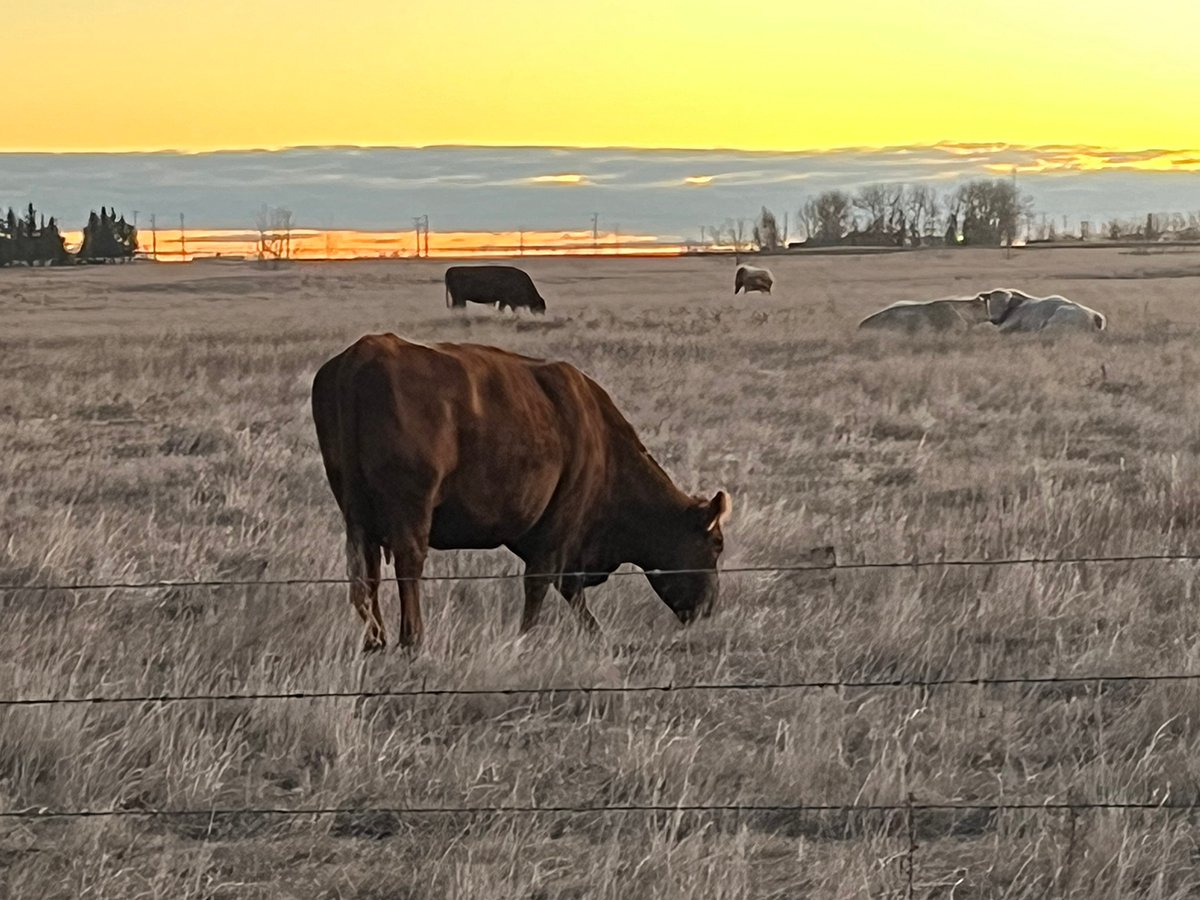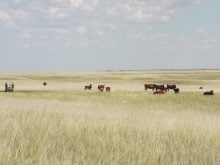RED DEER — Not everyone wants to know the history of every morsel they eat, but a growing body of investors and customers want trustworthy data on food products, said the head of sustainability at McDonald’s Canada.
“We need to be able to answer questions about everything,” said Jeffrey Fitzpatrick-Stilwell at the Alberta Beef Industry Conference held in Red Deer March 4-6.
“The importance of food traceability cannot be more strongly stated. It is the most important thing right now,” he said.
More independent third party verification will be adopted for a wider range of products as consumers search for more credible information and authentic communication in an era of internet-spread information.
Read Also

Animal protection delivery to change in Saskatchewan
The Saskatchewan government is looking for a new agency to handle animal welfare after Animal Protection Services of Saskatchewan decided not to renew its contract next year.
That is part of the thinking behind sustainably produced beef certification, a unique Canadian program.
McDonald’s Canada, Harvey’s and most recently, the Chop House restaurant chain are using the Canadian Roundtable for Sustainable Beef logo to show their burgers came from certified sources.
The beef must be certified at the farm, feedlot and eventually at Cargill Meats at High River. Producers are offered a premium of $16 to $20 per head every quarter to become certified that they follow the guidelines set down by the Canadian Roundtable for Sustainable Beef. Certification is granted following a successful third party audit. The information linking the different players is handled by the private company Trust BIXS.
Since the program started as a pilot in 2017, about 7.4 million pounds of certified sustainable beef have been purchased by participating customers, said Cargill’s senior sustainability manager Gurneesh Bhandal.
The next step is to certify the company’s Guelph, Ont., plant so more eastern producers can join.
“We want it to be a flexible solution that a lot of producers can get involved in,” she said.
“This is a voluntary program and we don’t expect 100 percent of Canadian producers will participate. Cargill is not asking producers to do this, but we want to increase the supply so we can deliver it to our customers,” she said.
McDonald’s was the first company to attach the certified beef logo on its beef products and is working with other suppliers to promote the concept of ethical sourcing from farmers.
For example, it includes the Egg Farmers of Canada quality assurance logo on its breakfast offerings.
The company monitors consumer opinions and has found price is still the main factor among food shoppers.
A growing number also say they want Canadian-grown products. Others may cite a desire for organic, environmentally responsible or genetically-modified-free products, but when they were asked to define what they meant, most failed.
For example, one study found 90 percent of scientists said they believe GM products are safe but 90 percent of consumers believed them to be unsafe. Those most opposed to GM products believed they were the most knowledgeable about the issue, yet they scored the lowest on a test of actual scientific knowledge.
“You can lead a consumer to science but you can’t make them think,” he said.
McDonald’s said it will continue to serve meat and its surveys found most customers plan to continue eating it. However, it is testing a plant-based sandwich in 52 Ontario restaurants.
It is not called a burger and it is not compared to beef. It is meant to be another choice on the menu.
“We have been, are, and will remain a proud beef burger company,” said Fitzpatrick-Stilwell.
For further information visit: http://mcdsustainability.ca.















